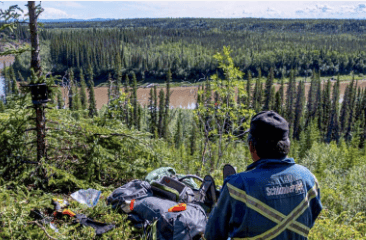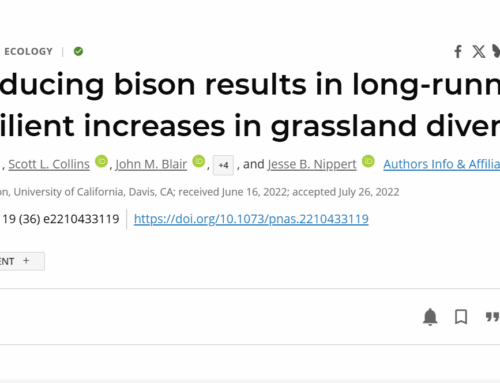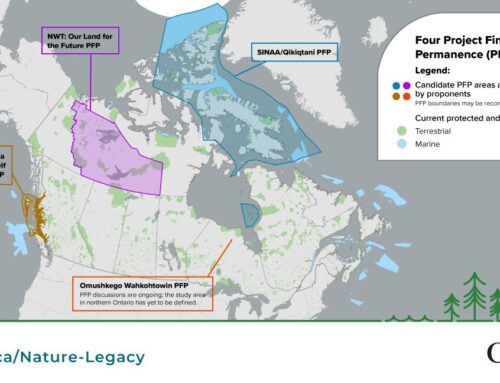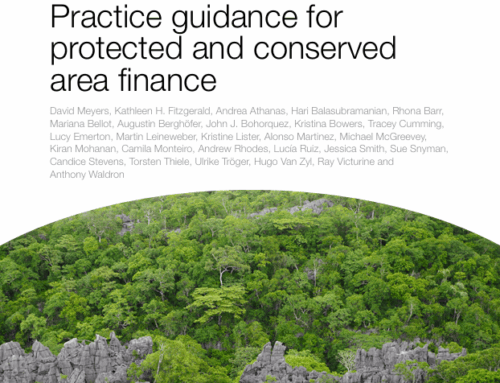
Tracking Change is a research initiative funded by the Social Sciences Humanities Research Council of Canada and led by the University of Alberta, the Traditional Knowledge Steering Committee of the Mackenzie River Basin Board, the Government of the Northwest Territories, and many other valued partner organizations. Over six years (2015-2022), the project has aimed to fund local and traditional knowledge research activities in the Mackenzie River basin and sister projects in the Lower Amazon and Lower Mekong River Basins, with the long term goal of strengthening the voices of subsistence fishers and Indigenous communities in the governance of major freshwater ecosystems. The project developed in recognition that river systems are important social, economic, cultural, and ecological places that contribute to the well-being of communities in diverse ways. River peoples, particularly Indigenous peoples who have well-developed fishing livelihoods can offer extremely valuable insights about long-term (historic and current) patterns of social and ecological change and the interconnections between the health and dynamics of these river systems and that of river communities. Although based on oral traditions, this system of observation or “tracking change” is much like monitoring. Like those who live on Canada’s east and west coasts, the ability of Indigenous communities in the Mackenzie River Basin to maintain fishing as a livelihood practice is of social, economic, and cultural importance to all of Canada, if this river system is not healthy, how can we be?



